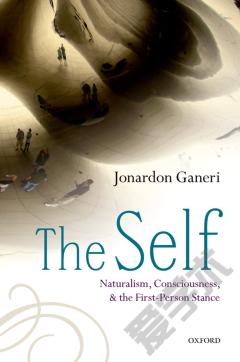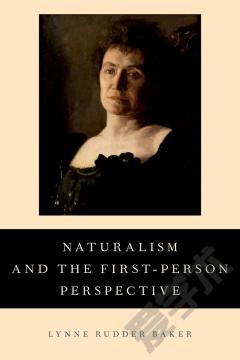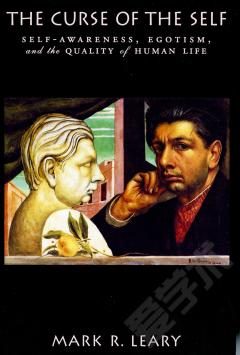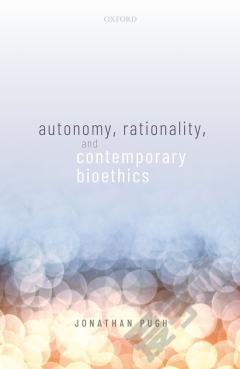The Self —— Naturalism, Consciousness, and the First-Person Stance
----- 自我: 自然主义、意识与第一人称
What is it to occupy a firstâperson stance? Is the firstâpersonal idea one has of oneself in conflict with the idea of oneself as a physical being? How, if there is a conflict, is it to be resolved? In this book a new way to address those questions, drawing inspiration from theories about the self in first millennial India, is formulated. These philosophers do not regard the firstâperson stance as in conflict with the naturalâtheir idea of nature not that of scientific naturalism but rather a liberal naturalism nonâexclusive of the normative. A wide range of ideas are explored: reflexive selfârepresentation, mental files, and quasiâsubject analyses of subjective consciousness; the theory of emergence as transformation; embodiment and the idea of a bodily self; the centrality of the emotions to the unity of self. Buddhism's claim that there is no self too readily assumes an account of what a self must be. This book argues instead that the self is a negotiation between selfâpresentation and normative avowal, a transaction grounded in unconscious mind. Immersion, participation, and coordination are jointly constitutive of self, the firstâperson stance at once lived, engaged, and underwritten. And all is in harmony with the idea of the natural.
{{comment.content}}








 京公网安备 11010802027623号
京公网安备 11010802027623号